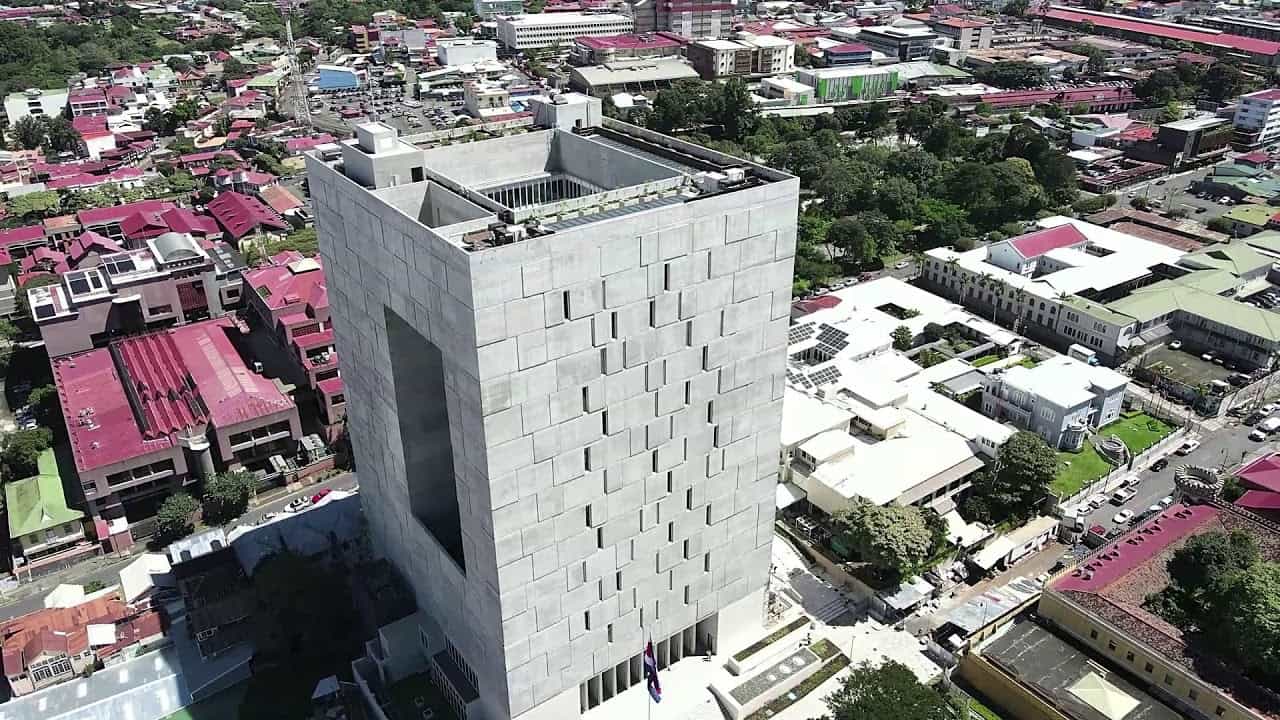Students, teachers and authorities of Costa Rica’s five state universities on Thursday protested in front of the Legislative Assembly. They argued that universities should be excluded from a bill that seeks to regulate public employment.
The university students claimed that the law project threatens the autonomy of public higher education and will affect the functioning of the institutions.
“We come to demonstrate to express our concern for the inclusion of universities in this bill,” said the rector of the National University, Francisco González.
“We believe that it is a violation of the social rule of law,” added González at the demonstration in front of the Legislative Assembly.
The initiative seeks to create a single framework for employment in the public sector, with eight salary scales. The government says this would simplify public employment and help contain the increase in spending on salaries charged to the state budget.
The project is part of the initiatives proposed by the government to adjust its finances in search of an agreement with the International Monetary Fund (IMF).
The Costa Rican government is seeking a deal with the IMF that includes a loan for $1.75 billion in exchange for a package of measures to contain its fiscal deficit, which reached 8.3% of GDP in 2020.
Costa Rica’s fiscal deficit grew last year due to the impact of COVID-19, which caused economic activity closures while the government increased spending to address the health and social emergency.
The OECD says that improving public spending efficiency is one of the key challenges facing Costa Rica. In a 2020 report, the economic institution — of which Costa Rica is a part — said public employment reform should be a “first priority.”
“Compensation of government employees accounts for more than half of total revenues, the largest share in OECD countries and more than double the OECD average. Public salaries are also almost 50% higher than in the private sector, after controlling for employees’ characteristics,” the report details.






